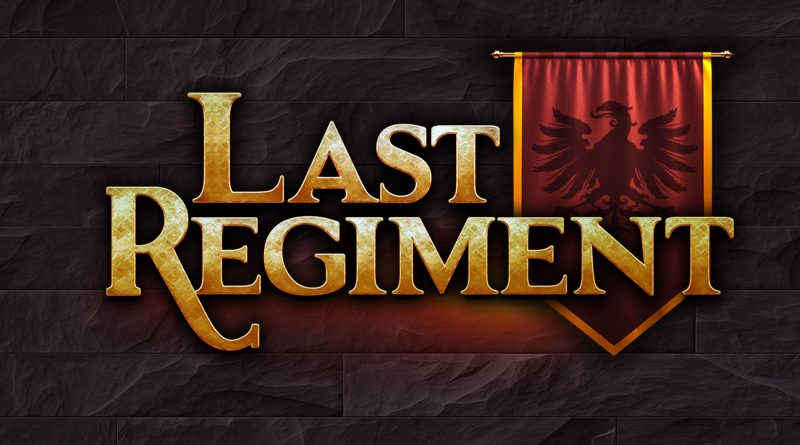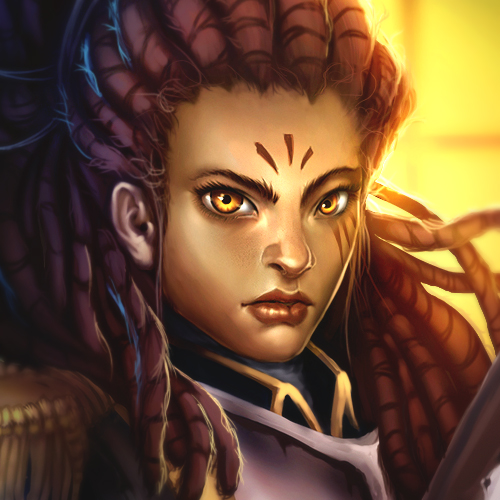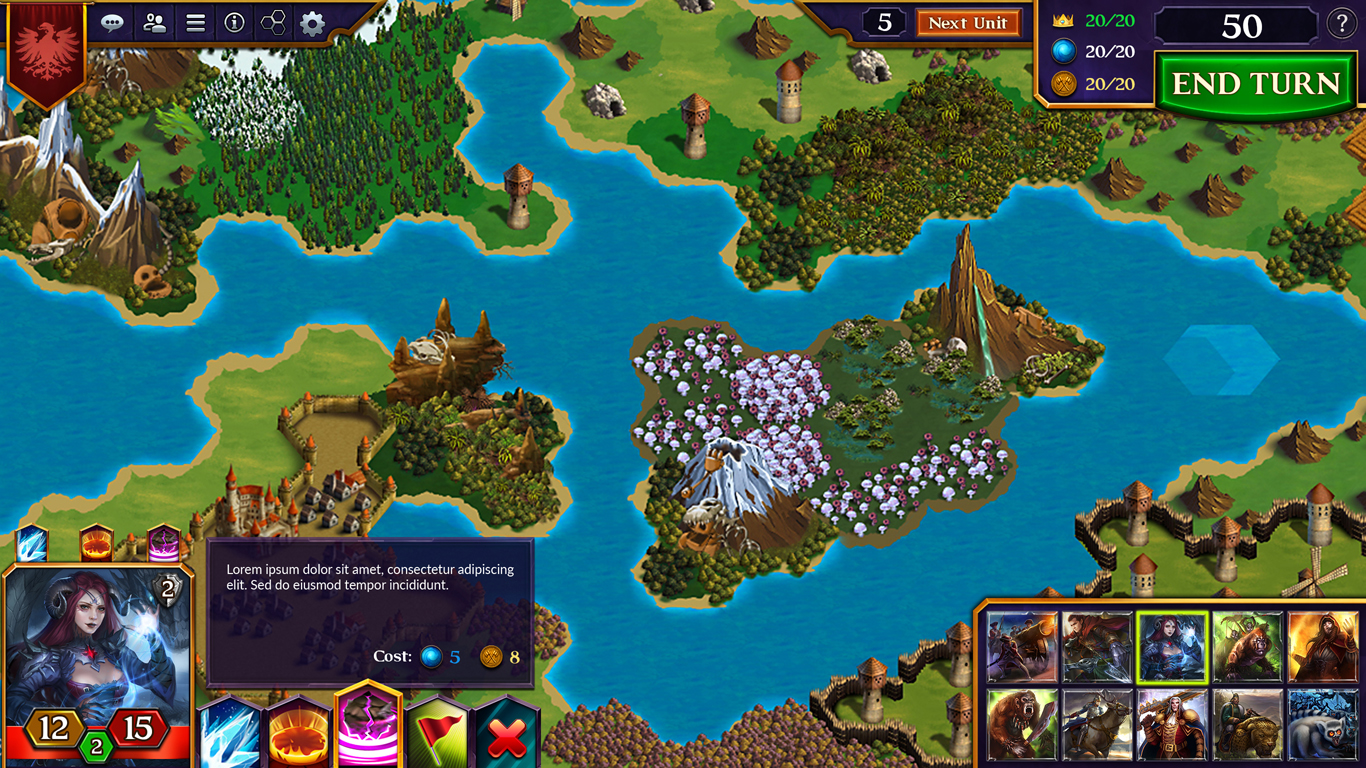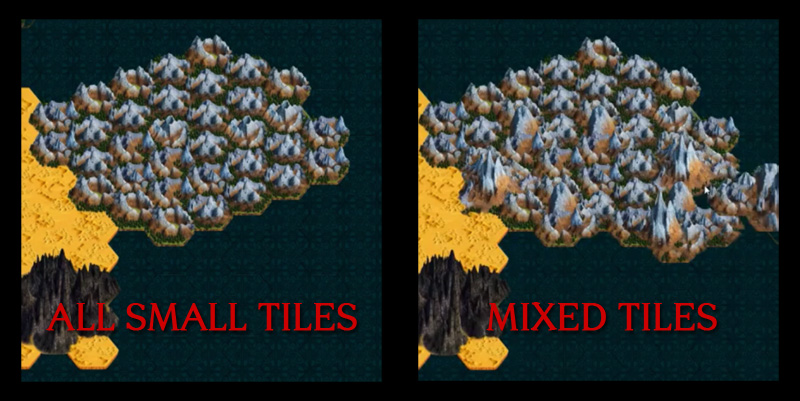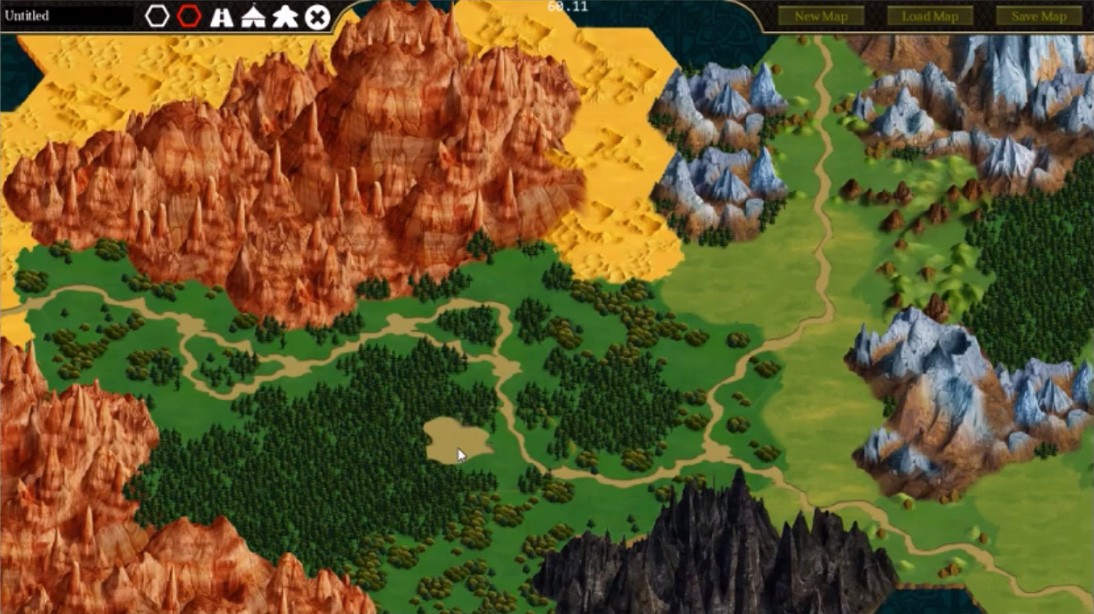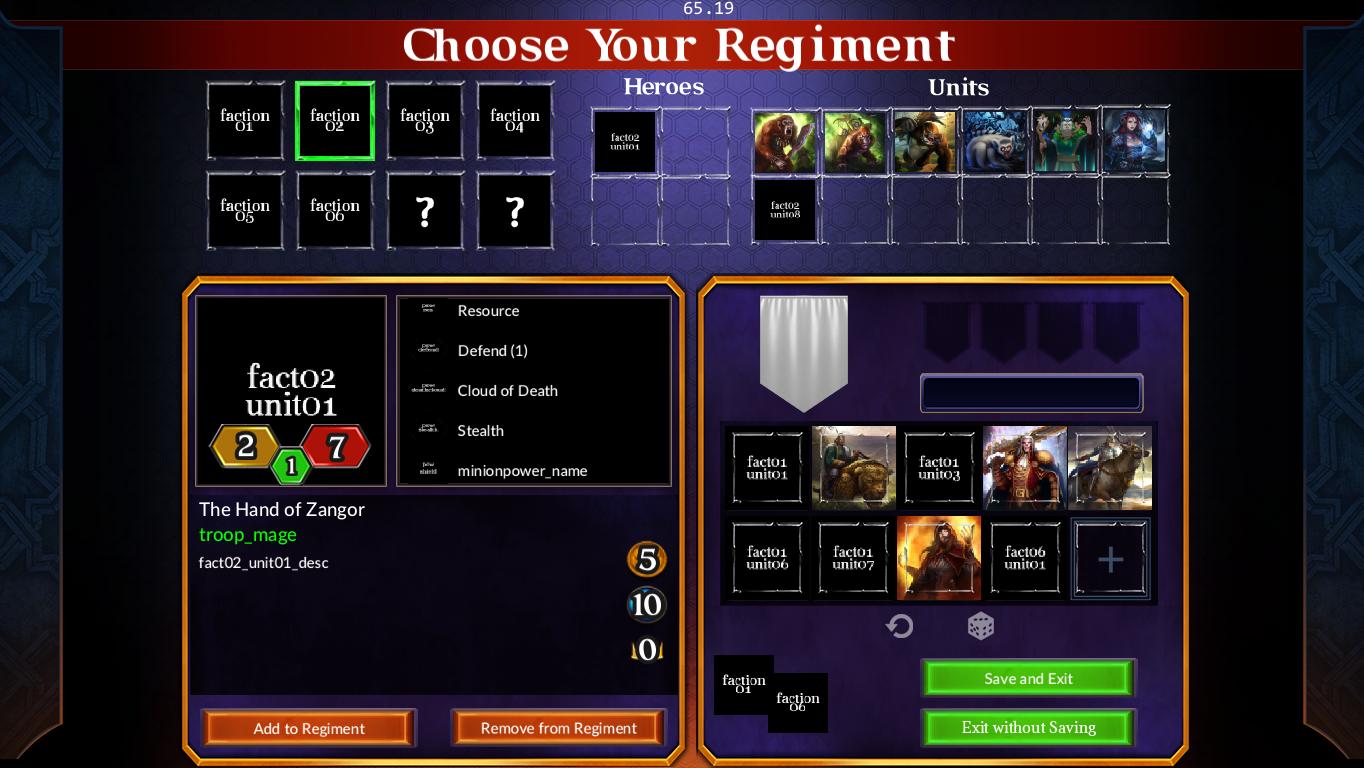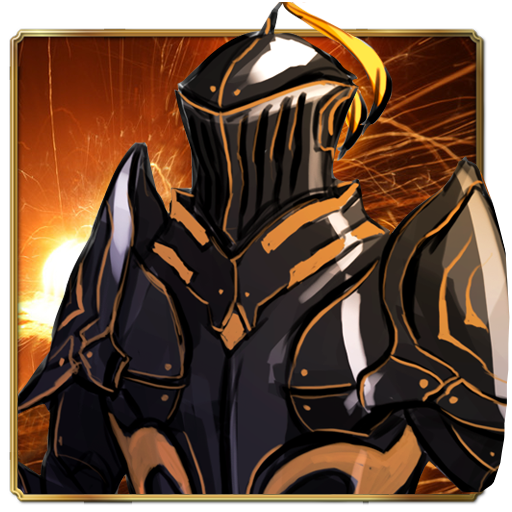Developer Blog #6 - June 8, 2017
To begin this week’s dev blog, we’ll share something that not only applies to Last Regiment, but to game development in general: how does the theory of all our ideas actually play out?
This is a really hard part of game development. Game ideas start out as really cool on paper. But when you start to implement it, you begin to realize that there are things you forgot or didn’t think about, and it ends up not being like what you thought it would be. This is the point where some new developers fail: they say to themselves, “This sucks, I give up.†But that is something you cannot avoid in game development. The real task is getting from that point to another.
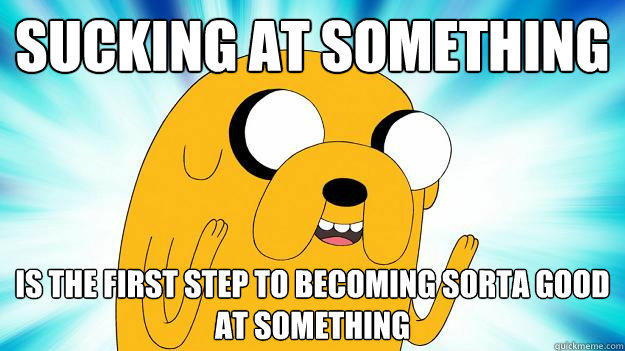
To quote from Adventure Time: Sucking at something is the first step to becoming sorta good at something.
Before you can be good, first you have to suck. It’s easy to get real disheartened that you’re not good at this. Instead of giving up on idea and just changing it to something else, you have to be able to critically look at it and figure out: Why does it suck?
So you’ll notice in our updates that we’ll continue to try out ideas and keep switching them up. For example, as we talked about before, the concept of steamrolling or snowballing has been a common problem in strategy games. As you become more powerful and acquire more resources or units, you eventually reach a tipping point where you’ve guaranteed your victory and there’s nothing else anyone can do. Of course, most players would like that, but if it happens too early, people would feel disenfranchised for their game. If in the first five turns it becomes impossible for anyone to go any further, that’s when strategy games fall down. The challenge for us developers is to find that balance. In Legends of Callasia, we have the card mechanic that enables you to make turnarounds in battle. These are the types of solutions we want.
For Last Regiment , we’re currently looking at two ways to handle resources:
- Hoarding resources. This is the basic Civilization model. For every turn, I get more gold. My pile gets bigger and bigger. I keep hoarding so I can go form armies, build structures, etc.
- Limited resources. In Hearthstone or Magic the Gathering, you get a certain number of resources which you can use for each turn. At the end of the turn, it replenishes.
If you remember, we moved to limit-based model precisely because we wanted to prevent steamrolling. We played it like that in the past weeks, but it wasn’t fun.
Why was it not fun? It reaches a point wherein I’m over at your castle, trying to finish the game and get you out. But because both of us have the same amount of resources every turn, you would just keep on spawning more units to fight me off. At the same time, if the game continually refills your resources (example: 10), we need to make sure that nothing costs 11 resources. Getting the same amount of resources creates a mechanic with fast turnaround, which works really well in Hearthstone and Magic the Gathering. But in a map-based strategy game where you want the units to move around, last longer, and do things, it’s not such a great mechanic.
So we switched back Gold and Mana into hoarding resources.
We still have the concept of control points, which is a limited resource. Like the population limit in LOC, you only have so much control but you can increase it by getting more buildings. Now the number of units I can make and control becomes limited by how much you can hoard. This is something we haven’t balanced yet. What happens when my hoard gets really big? We’re still figuring it out.
Meanwhile, we’ve also been working on a bunch of core technology to make sure multiplayer is functioning properly. We’ve also added stuff like new effects and new art. We are also playing with idea of having some neutral units and the concept of healing.
Another big change is the camera movement. When we were playing, things would happen on a different part of a map, but I would be looking at something else. That was hurting the game: people thought it was broken because you didn’t see or know what happened. So we changed the way you visualize the game. Theoretically, the camera would be dragged around to show you things as they occur.
In terms of ideal game length, we’re still struggling with that. For Legends of Callasia it was about right: 30 minutes for 2-player games, while bigger games can be from one to two hours. It’s a nice spot for players to be drawn in and get involved. But some want it shorter, some longer; others want more options or less options. This is always an issue in game development: getting everyone to agree on something. Since different things such as more players or bigger maps can affect game length, we’ll continue to play around with that during the course of the development cycle.
But the bigger questions are always: What it is that we ought to be doing? Who are the players we are targeting? You never really know if you’re building the right game, especially at this early stage.
For example, we’ve been getting some feedback on how we’re writing the fantasy or the lore of this game. People have certain expectations about what things should or shouldn’t be, which is a challenge as we create a unique lore for this game.
We also did a multiplayer playtest during our stream (full, unedited video here) and these are the things that we learned today:
- Movement is a lot of fun. The camera movement is really good.
- The attack/damage values of the heroes are within the range we expect. They’re not perfect and would still need more balancing, but overall, they’re pretty good.
- The economy is still wonky. You’re consistently getting your Gold and Mana, but there aren’t many places you can spend them on. After a couple of turns, it gets to a point where the resources don’t matter because you already have everything you want. You keep hoarding and continue spawning, which makes the game basically endless.
In general, we are pleased with the progress we’ve been making and the feedback we’ve been receiving. We’ll be looking at various solutions to address the current issues. Hopefully by next week we have figured something out.
